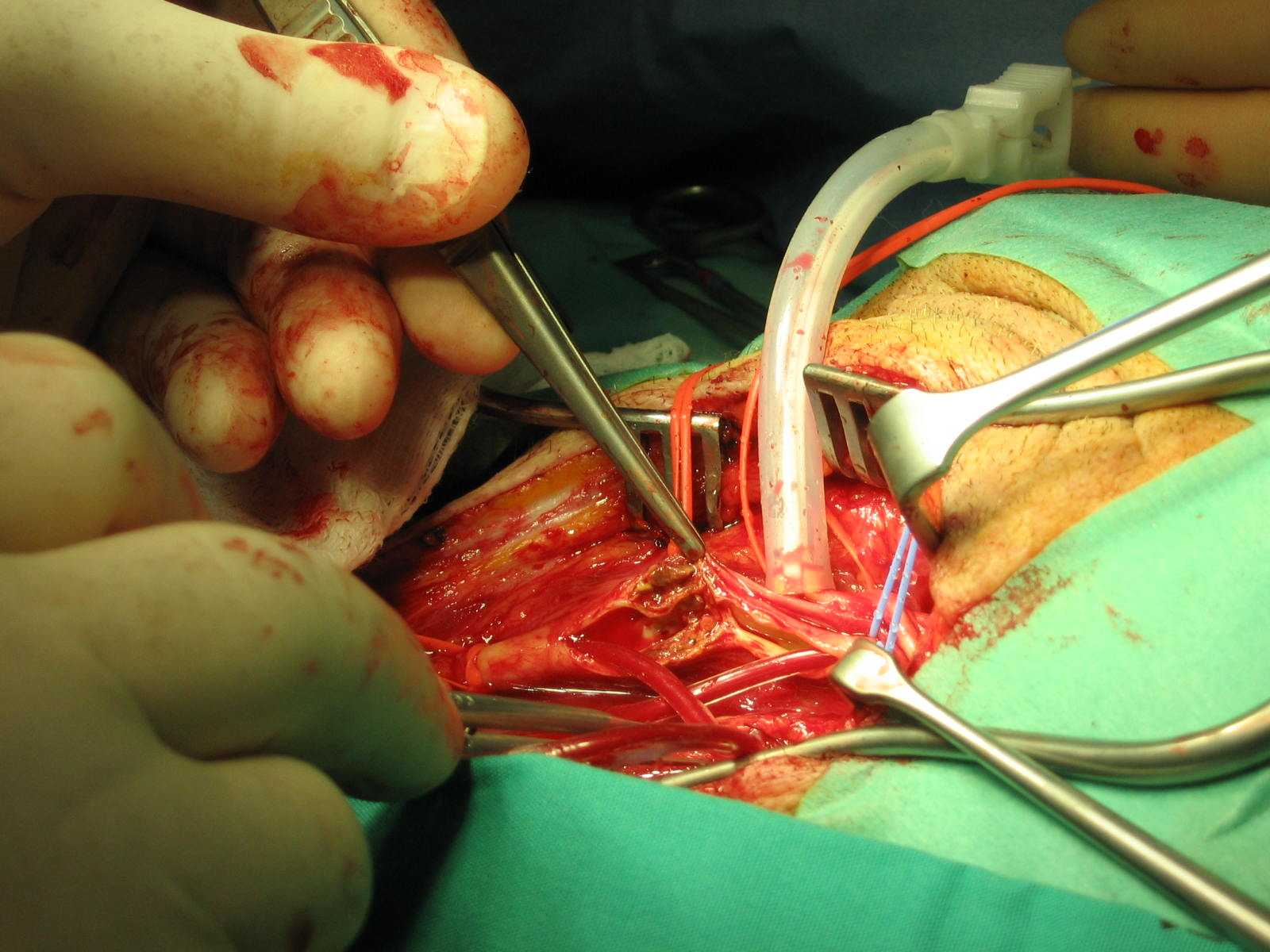
Most everyone, including many conventional physicians, have begun to appreciate the importance and value of vitamin D. Few, however, recognize the importance of vitamin K2, which is nearly as important as vitamin D.
Dr. Dennis Goodman,1 who was born in South Africa and trained at the University of Cape Town, has multiple board certifications in cardiology (and several subspecialties) and holistic integrative medicine.
After his internship at the Grootte Schuur Hospital—where Dr. Christian Barnard did the first heart transplant in 1967—he came to the US, where he did his cardiology fellowship at the at the Baylor College of Medicine in Houston, where Dr. Michael DeBakey performed the first bypass surgery.
“I was really very lucky to be in a situation where I had these two cardiac giants as mentors and teachers,” he says.
Dr. Goodman is also the chairman of the Department of Integrative Medicine at the New York University (NYU), and has authored the book, Vitamin K2: The Missing Nutrient for Heart and Bone Health. In it, he explains why vitamin K2 isevery bit as important as vitamin D.
“For 20 years I was putting stents in; running around day and night at the hospital. When I got called to the emergency room for someone having a heart attack, I was like a fireman putting out a fire in a house.
Sometimes, you were very lucky and could save the house from burning down, and sometimes not.
What I started to realize is that prevention is really the key for us to making the maximum impact. I’ve always been interested in the idea that everything we need to be healthy is provided by the Lord above –namely what’s out there for us to eat.
80 percent of these chronic diseases including atherosclerosis, heart attacks and strokes, diabetes, and obesity are preventable. So I got into the whole idea of learning integrative medicine,” he says.
He got his training in integrative medicine at the Scripps Center for Integrative Medicine, and ended up being the chief of cardiology at the Scripps clinic for many years.
“Obviously, when you understand holistic medicine, you understand that so much of what we’re doing, unfortunately, in traditional medicine is procedures, testing, and prescribing drugs, because that’s what we’re taught—and making diagnoses instead of taking care of people who basically may not have a disease, but are not healthy and well.”
As a cardiologist, it’s quite appropriate to delve into vitamin (continue reading)

